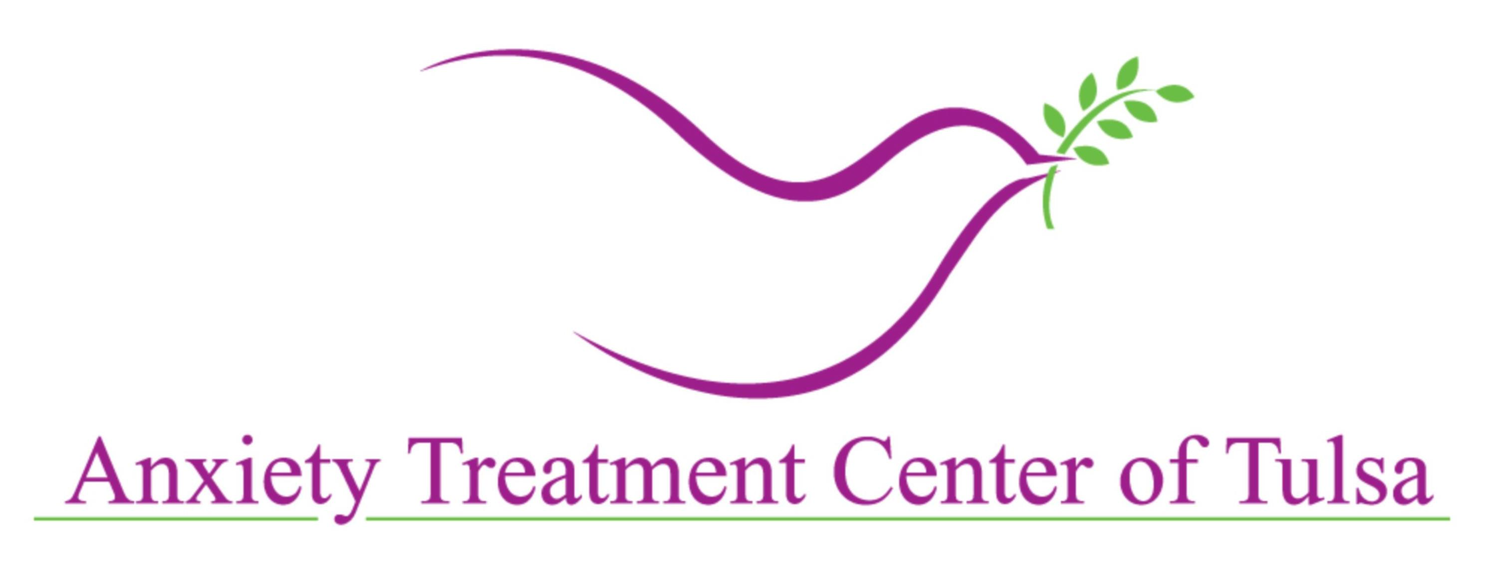Obsessive-Compulsive Disorder (OCD)
If you suffer from obsessive-compulsive disorder (OCD), you may “obsess” about disturbing thoughts, and feel the “compulsion” to take, or avoid, certain actions.
Some of the more common examples of obsessions (thoughts):
Fear of contamination or germs...by touching things that others have touched.
Intrusive, unwanted thoughts about sex
Intrusive, unwanted thoughts about religion or religious guilt
Fear of a loved one dying—or even of causing harm to a loved one
Fear of aggression, toward self or others
Feeling the need for things to be in perfect order or symmetry, or facing a certain direction
Some of the more common compulsions (behaviors/actions)
Frequent hand-washing or cleaning
Repeatedly checking things to make sure—such as checking doors to make sure they're locked; checking stove or oven to make sure they're off; etc.
Repeated or prolonged organizing and straightening—such as spending a long time trying to make sure that a picture is hanging perfectly straight, etc.
Repeated counting—feeling the need to count things.
Superstitious behaviors—such as making sure not to step on a crack in the sidewalk...or making sure to chant certain words or numbers at certain times...with the goal of preventing terrible things happening to oneself or a loved one.
Demanding frequent reassurances from others about various things.
Following an unusually rigid routine
Of course, not all checking or counting or organizing or cleaning is a sign of disorder. Healthy responsible behavior involves some amount of checking and counting and organizing and cleaning, etc. But for one who suffers from OCD, such behaviors have gone too far—and are preventing him or her from functioning well at home or work, and get in the way of good quality of life. A person with OCD feels like these obsessions and compulsions are controlling them, and it can be the cause of great distress.
